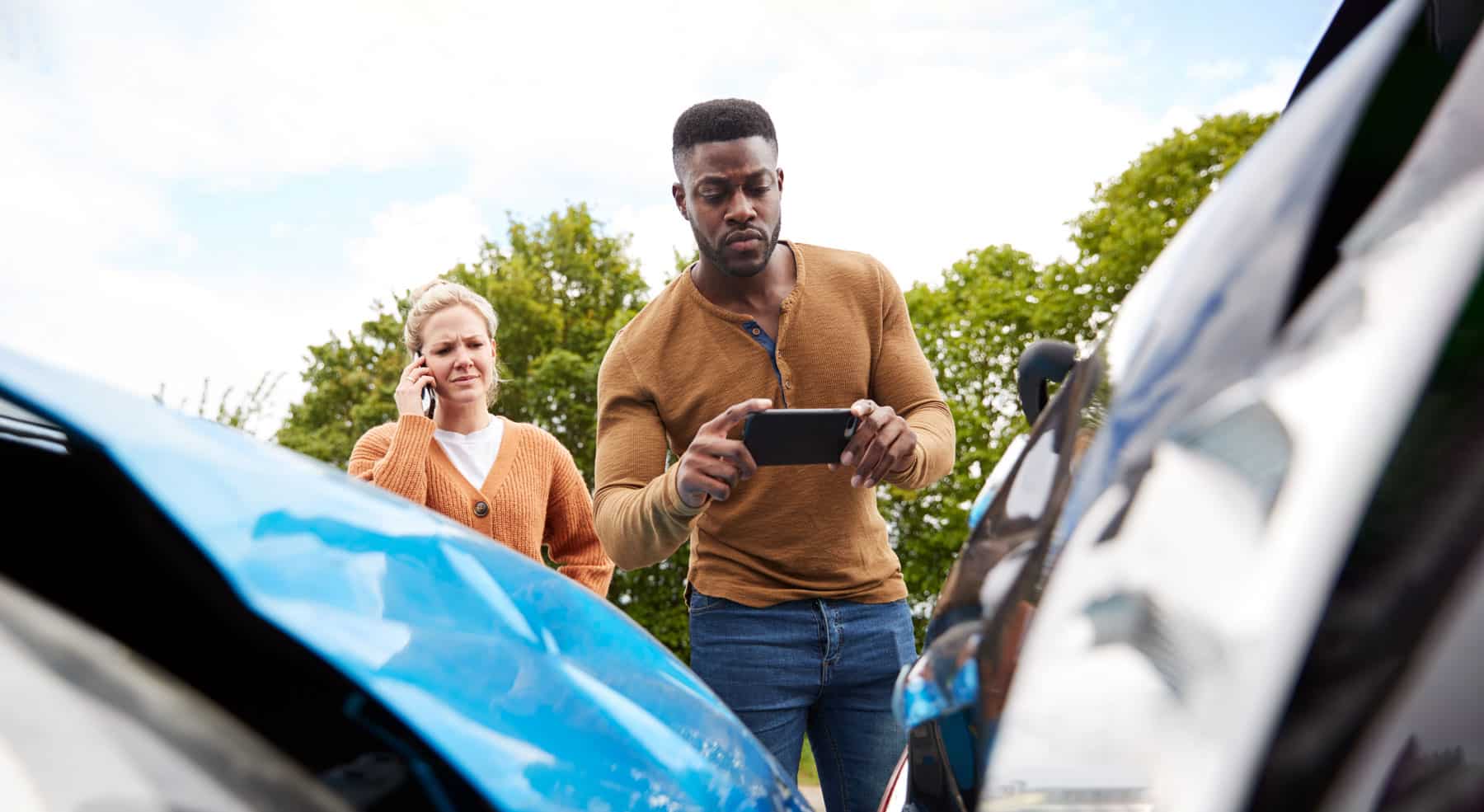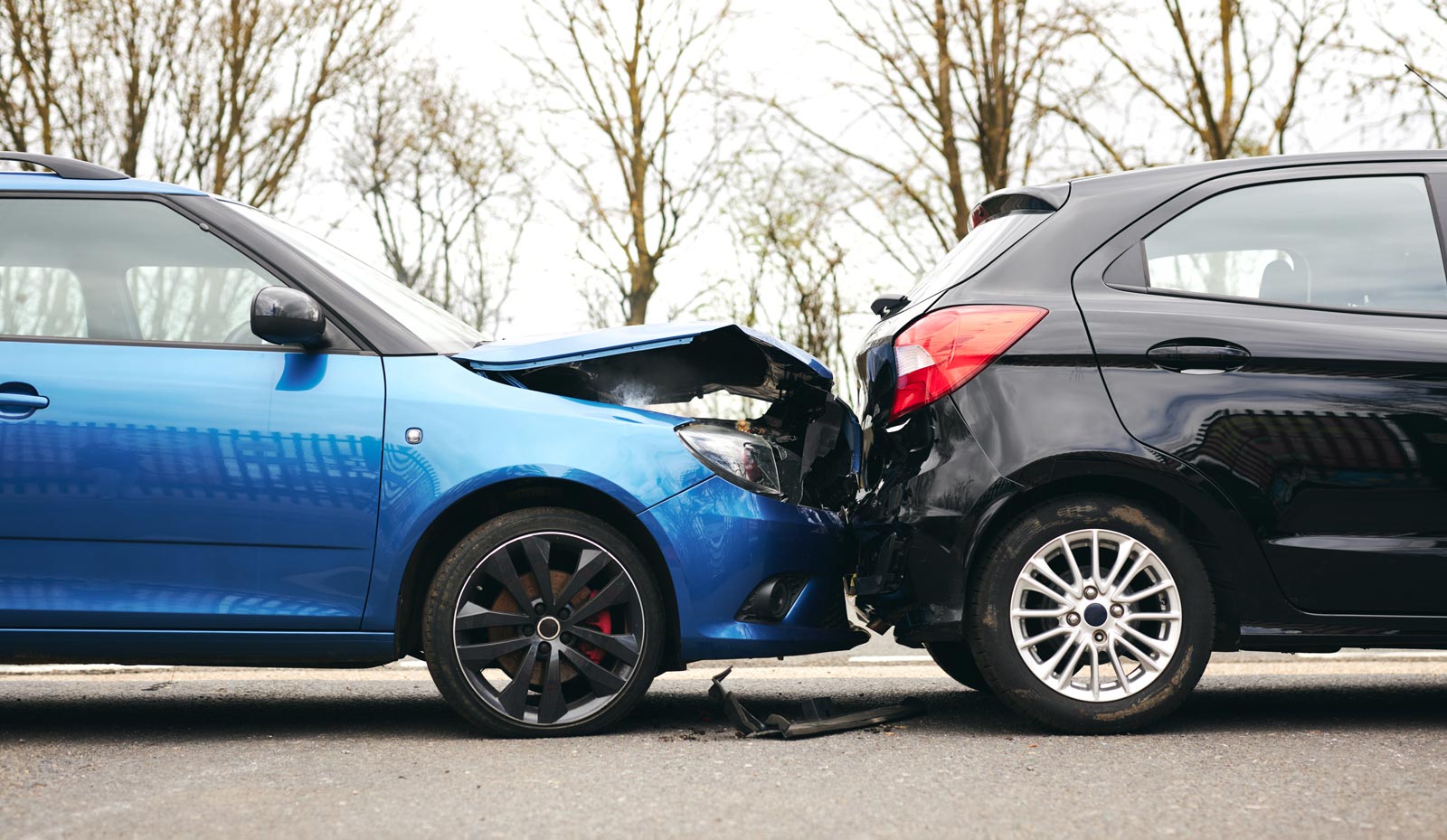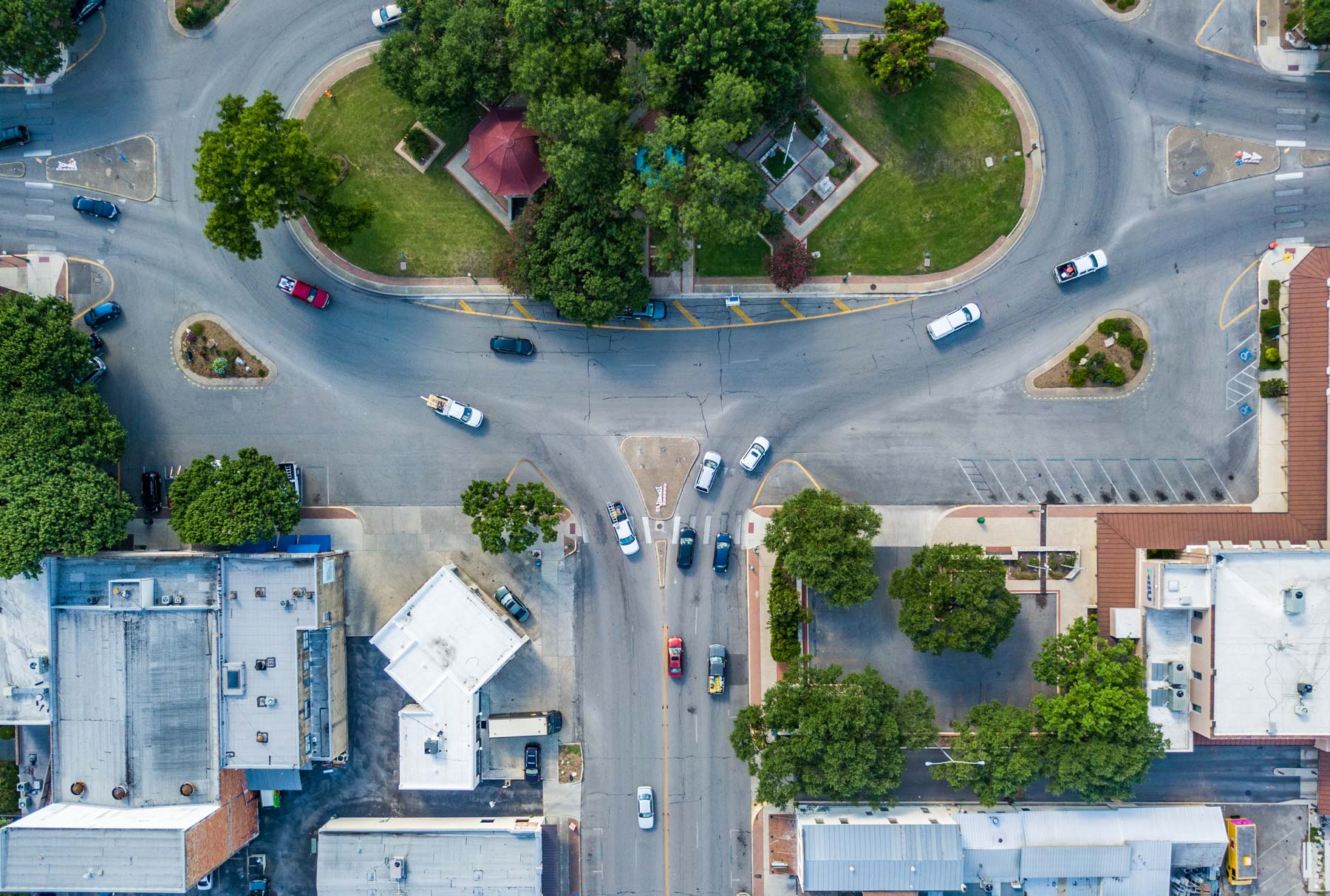“My word against your word” scenarios happen all the time after auto accidents, especially when there are few other witnesses at the scene. Being accused of causing a car crash that wasn’t your fault can make you feel helpless and angry, especially when no one else is around to support your story.
Getting blamed for a car accident that wasn’t your fault is extremely common—it’s how a car insurance company makes money. If you find yourself in this situation, don’t despair. The crash scene most likely contains lots of evidence that can prove what really happened. An experienced car accident lawyer can uncover this evidence—especially if you hire one right away after the accident—and use it to help you get fair compensation for the injuries and losses you suffered in the crash.
What Does “Fault” Mean in Car Accident Cases?
In a personal injury case, “fault” means that a person (or another entity, like a company) acted in a negligent way that caused someone else’s injuries or other financial losses.
Examples of negligent driving behavior that could cause someone to be at fault for an accident include:
- Running a red light or stop sign
- Speeding or driving too fast for conditions
- Failing to yield the right of way
- Driving while tired or fatigued
- Failing to obey traffic signs
- Driving while distracted, such as texting and driving
- Operating a vehicle while intoxicated or under the influence of drugs or alcohol
- Changing lanes without signaling or checking for other cars
- Making an illegal turn
Like most things involving our legal system, proving fault in a car wreck case can be complicated and often requires a lot of evidence. To establish that a driver is at fault and financially responsible for your car accident injuries, you and your lawyer must prove three fundamental facts or “elements” of the case:
- Duty of care: The other driver had a legal responsibility to avoid causing the victim harm.
- Breach of duty: The other driver failed to act with reasonable care and did not uphold their duty of care.
- Injuries sustained: The other driver’s breach of duty resulted in the victim (you) sustaining real injuries and damages.
Why Does It Matter Who’s at Fault in Texas?
Texas is a fault-based state for auto insurance and personal injury claims purposes, so it matters a lot who is at fault for causing a car accident. After a car accident in Texas, the at-fault driver’s insurer is financially responsible for injuries and losses that resulted from the crash.
To get compensation for medical bills and other losses, you’ll need to file a car accident claim with the other driver’s insurance company and provide evidence to show that the other driver caused the crash. (If you live in a state that uses a no-fault insurance system, you would first file a claim for compensation with your own insurance company instead.)
Is One Person Always Completely at Fault in a Car Wreck?
Often in car accident cases, evidence will show that both drivers had some level of responsibility for causing the crash.
As an example, let’s say a driver named Jonathan ran a red light and hit the car of Stacy, who is the victim in this case. However, evidence also shows that Stacy was driving a few miles per hour over the speed limit when the accident happened, which may have made have made it more difficult for her to avoid the collision. In this case, Jonathan is mostly at fault—but Stacy might be a little bit at fault too.
All states have laws to address these types of situations, but different states handle them differently. In Texas, car accident victims can only receive compensation from an insurance claim or lawsuit if they are 50% or less at fault, and only to the extent that the other driver was at fault.
If that sounds confusing, it’s easier to explain how it works in practice:
- If the other driver was 100 percent responsible for causing the crash, then you’re entitled to financial compensation for 100 percent of all the damages from the crash, including your lost wages, medical expenses, pain and suffering, property damage, and other financial and personal losses.
- If the other driver was 80 percent responsible for the crash but you were 20 percent at fault, you can receive 80 percent compensation.
- If the other driver was 60 percent at fault, you can receive 60 precent compensation.
And so on. Note again that in Texas, a person who is 51 percent or more at fault for a crash isn’t eligible for any compensation at all.
7 Steps You Can Take to Shut Down the Blame Game
The single most important step you can take to defend yourself when someone is unfairly accusing you of causing a car wreck is to contact an experienced personal injury lawyer.
It can feel terrifying when you’re blamed for a serious car wreck that wasn’t your fault, especially when you have significant medical bills and lost wages to deal with. But a skilled car accident attorney will know exactly what to do. A good lawyer can restore your confidence, deal with the insurance company, and carefully investigate the crash to make sure the truth comes out.
Here are seven additional steps you can take to strengthen your case and fight back when someone tries to blame you after an auto accident:
Take Photos and Video of the Accident Scene
There’s no such thing as too many photos of the crash. Take pictures of anything you can that might seem relevant—damage to vehicles, debris in the road, tire tracks, conditions at the scene, injuries that you or your passengers suffered. Almost anything at the scene that you can preserve in a picture helps.
Request the Police Report
Call the police department after the crash and review it carefully. If the description in the police report doesn’t match what you saw and experienced, then write up a detailed account of what happened and ask the police to add it to their report as a supplement.
Dispute Any Ticket You Receive
Just because you received a ticket doesn’t mean you were at fault. Police regularly issue tickets at the scene of a crash after a short and superficial assessment of what happened.
If an officer issues you a ticket when you weren’t at fault, then follow the process to fight that ticket in court. If you don’t fight the ticket, you’re legally accepting some degree of fault.
Dispute a Ruling of Fault by the Insurance Company
The best way to deal with the insurance company is through your lawyer. However, if the insurance company assigns you fault for the accident and you don’t have an attorney yet, you can call the adjuster and tell them that you dispute their ruling. After the phone call, send the insurance company a follow-up letter confirming that you dispute their findings.
Get Names and Contact Info From Eyewitnesses
All eyewitnesses to the crash are valuable, but impartial witnesses are the best. A stranger who witnessed the crash and stopped will make a stronger witness than your spouse or friend who was in the car with you.
Identify Any Camera Footage That Might Be Available
Ask any businesses near the location where the crash occurred whether they have working security cameras that could have recorded what happened. Check also for highway cameras or traffic light cameras that might have captured the events.
Don’t delay—many businesses delete security footage in as little as 72 hours. Private businesses may not be eager to hand over their security footage to just anyone, so your attorney is the best person to begin the video request process.
Work With an Attorney to Gather More Sophisticated Evidence
Some critical evidence will only be available to your personal injury lawyer. For example, your lawyer might work with an accident reconstruction expert who can use evidence from the crash scene and then use specialized computer software re-create what happened. Your attorney can also depose the at-fault driver and any other witnesses to get their version of events under oath.
How Can an Attorney Help Me?
Insurance company adjusters don’t care about the truth of what happened in a car wreck. The only facts they are interested in are the facts that will help them deny your claim or pay you less. Even if it’s clear that you were the victim, an insurance adjuster may try to twist your words against you and suggest that you share responsibility for the collision.
Dealing with the insurance company after a crash is stressful, and without an expert on your side, it’s easy to make a mistake that could harm your case. The best thing you can do to protect your rights and strengthen your case for compensation is to hire an attorney who can handle all communication with the insurance company.
The sooner you hire an attorney, the faster they can begin an investigation and start collecting critical evidence, which can disappear if it’s not collected and preserved right away.
And just as importantly, an experienced car accident lawyer should manage all the details of your case so you can focus on your physical and emotional recovery. The aftermath of a car wreck is no time to give yourself a crash course in the complicated world of personal injury law. A good attorney will stay in touch and keep you updated about your case while also giving you the time and space you need to breathe and heal.
Contact Crosley Law and Fight Back When Someone Tries to Blame You for a Car Wreck
The Crosley Law team has decades of experience with all kinds of personal injury cases, including car accident claims involving significant injuries. No matter how serious or complex a car accident case is, we’re ready to fight for fair compensation.
We begin every case with a free consultation where we get to know you and listen to your story. Schedule yours today by calling 210-LAW-3000 | 210-529-3000 or completing the easy contact form on our website.
The content provided here is for informational purposes only and should not be construed as legal advice on any subject.









